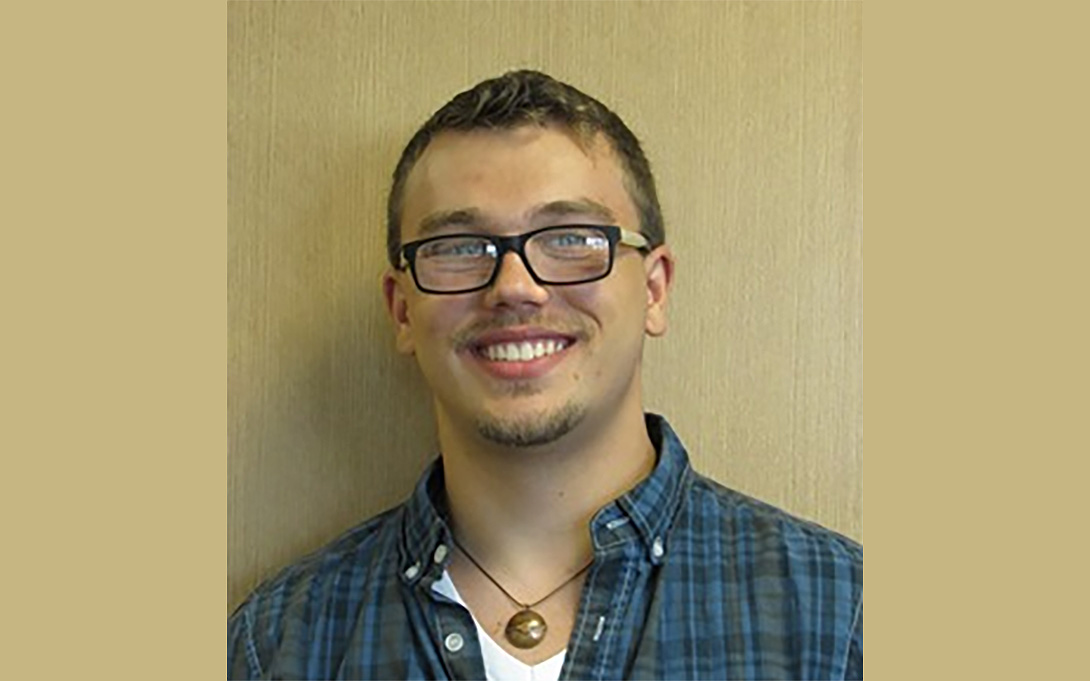
By Zack Sluzala, Neuroscience Ph.D. Candidate & STPP certificate student
Last semester I took a leave of absence from my Neuroscience Ph.D. program at the University of Michigan to complete a health policy fellowship with the Heritage Foundation, in Washington D.C. The fellowship focused on researching and writing a backgrounder on clinical testing regulations; allowing me to use my scientific understanding to guide public policy.Imposter syndrome, combined with a lack of applied policy experience had me feeling “stuck”. While the STPP program offers opportunities associated with both right-of-center and left-of-center organizations and policy pursuits, I found that many did not align with my conservative values, and seeking out external opportunities allowed me to pursue experiences that fit my interests and values more closely. Consequently, I sought out conservative organizations and think tanks and contacted them about programs they offer. I participated in The Heritage Foundation’s “Academy” program, which built on my experiences in STPP by providing an overview of numerous policy areas and exposing me to conservative thinkers. I discussed my career goals with organizers of the “Academy” program and was directed to apply to this health policy fellowship, and I appreciate that STPP accepts opportunities such as this for credit.
Working with senior policy fellows at Heritage to write and edit the backgrounder built upon what I learned in PubPol510 regarding the differences in writing style between science and policy audiences. I also met with and sent the paper out to individuals within the Association of Public Health Laboratories, the Michigan Volunteer Registry, individuals in local governments, and other scientists. These interactions applied what I learned in PubPol 650 about involving numerous stakeholders in policy discussions, and helped me to craft a better final paper, as several of my proposed policy changes and paper sections resulted from new information that I didn’t have prior to these meetings. What stuck with me most was how shocked several of the stakeholders were to find out that a neuroscience Ph.D. candidate was working on this project, particularly with the Heritage Foundation.
The STPP certificate prepares students to put together a well-written policy argument, and getting to do that in the D.C. area was distinctly beneficial. I was able to speak with individuals at the Heritage Foundation, the Mercatus Center, the Heartland Institute, and other groups who are interested in reading my paper when it is published. This also helped me form a policy network for post-graduation, where I can learn about other opportunities.
I had not considered working at a think tank before this experience, but I now see it as a fantastic way to get started in policy, network, and identify additional career options. Accordingly, after I graduate, I aim to work for a think tank for a couple of years while I form connections and build an understanding of my specific policy areas of interest. You don’t have to wait until getting an AAAS fellowship or a position at NIH to get started in public policy. If there is an institution you are interested in, see what they have available and reach out. I’m incredibly glad that I did.
